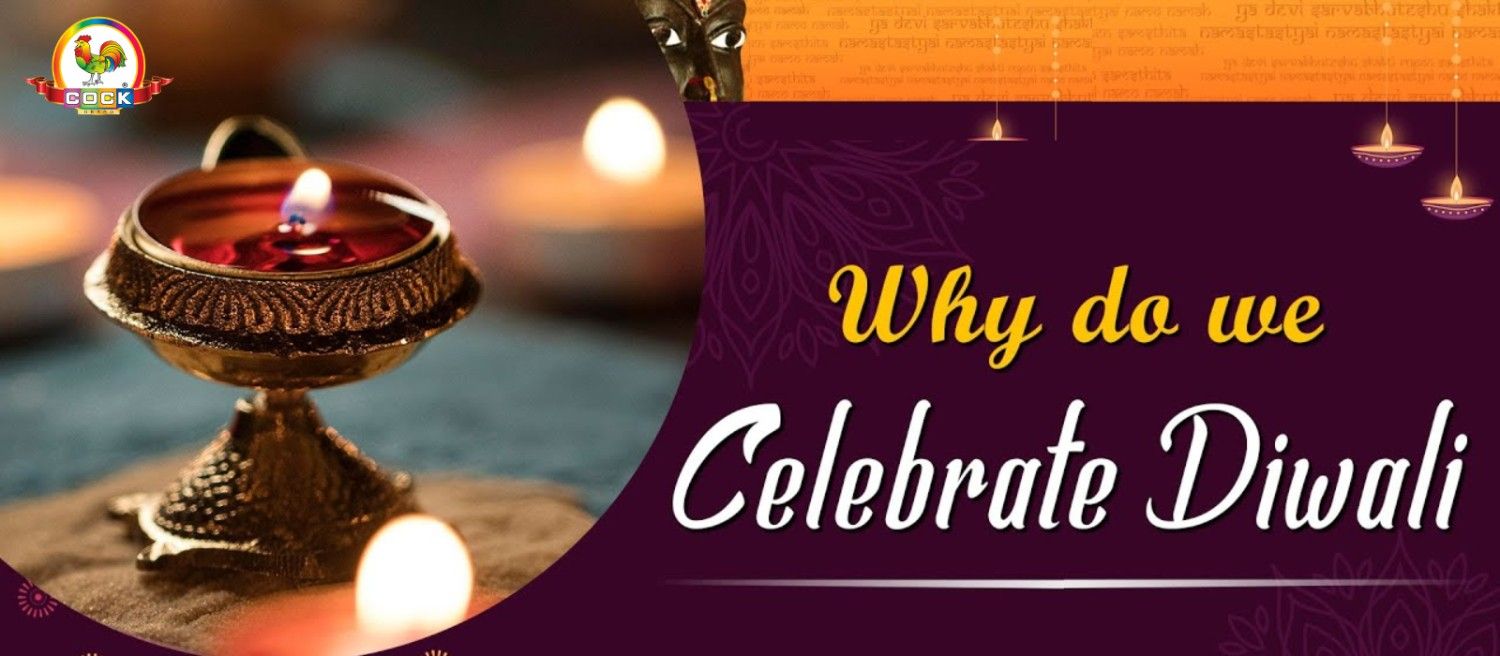
Diwali, often referred to as the festival of lights, is one of the most cherished festivals in India. Celebrated with immense joy and fervour, this festival signifies the triumph of light over darkness and good over evil. But have you ever wondered, why do we celebrate Diwali? Let’s dive into the history of Diwali and understand the significance behind this vibrant celebration.
The history of Diwali is deeply rooted in Indian mythology. Various legends describe the reasons for celebrating this festival:
Return of Lord Rama: One of the most popular tales is from the epic Ramayana. It tells the story of Lord Rama’s return to Ayodhya after a 14-year exile and his victory over the demon king Ravana. The people of Ayodhya lit lamps (diyas) to welcome him home, marking the beginning of the Diwali tradition.
Goddess Lakshmi: Another story revolves around Goddess Lakshmi, the deity of wealth and prosperity. It is believed that on this day, she descends to Earth to bless her devotees. People clean their homes, decorate them with lights, and worship her to invite prosperity into their lives.
Lord Krishna and Narakasura: In some regions, Diwali commemorates the victory of Lord Krishna over the demon Narakasura, symbolising the victory of good over evil.
Diwali is known as the festival of lights for a reason. The festival usually lasts five days, with each day having its own significance:
Dhanteras: The first day of Diwali marks Dhanteras, a day dedicated to wealth and prosperity. People buy gold, silver, or new utensils to usher in good luck.
Naraka Chaturdashi: The second day is dedicated to the victory of Lord Krishna over Narakasura. People light diyas to signify the end of darkness.
Diwali (Lakshmi Puja): The third day is the main Diwali day, where families worship Goddess Lakshmi, decorate their homes, and burst fireworks to celebrate.
Govardhan Puja: The fourth day is observed to celebrate Lord Krishna lifting the Govardhan hill.
Bhai Dooj: The final day celebrates the bond between brothers and sisters, where sisters pray for their brothers’ well-being.
The joy of Diwali is unmatched. Families come together to celebrate, share sweets, and exchange gifts. Homes are adorned with colourful Rangoli designs, diyas, and lights, creating a beautiful ambiance. The festival also promotes unity and love among friends and family, strengthening bonds.
During Diwali, the use of colour is significant. From vibrant Rangoli colours at the entrance of homes to colourful lights and decorations, every aspect reflects joy and celebration. The festival encourages people to express themselves through various shades, making the environment festive and welcoming.
In recent years, there has been a growing awareness of the environmental impact of Diwali celebrations. Many people are opting for eco-friendly options, such as using organic colours for rangoli and opting for noise-free fireworks. This shift not only preserves the festive spirit but also ensures the safety and well-being of our planet.
Diwali is a festival that brings people together, celebrating the victory of light over darkness and good over evil. The rich history of Diwali, combined with the joy it brings, makes it a unique and cherished occasion. As you celebrate this Diwali, remember to embrace the colours of joy, love, and togetherness.
At Cock Colours, we believe in celebrating festivals with the vibrancy they deserve. Our range of organic colours is perfect for your Diwali celebrations, ensuring a bright and safe festival.
